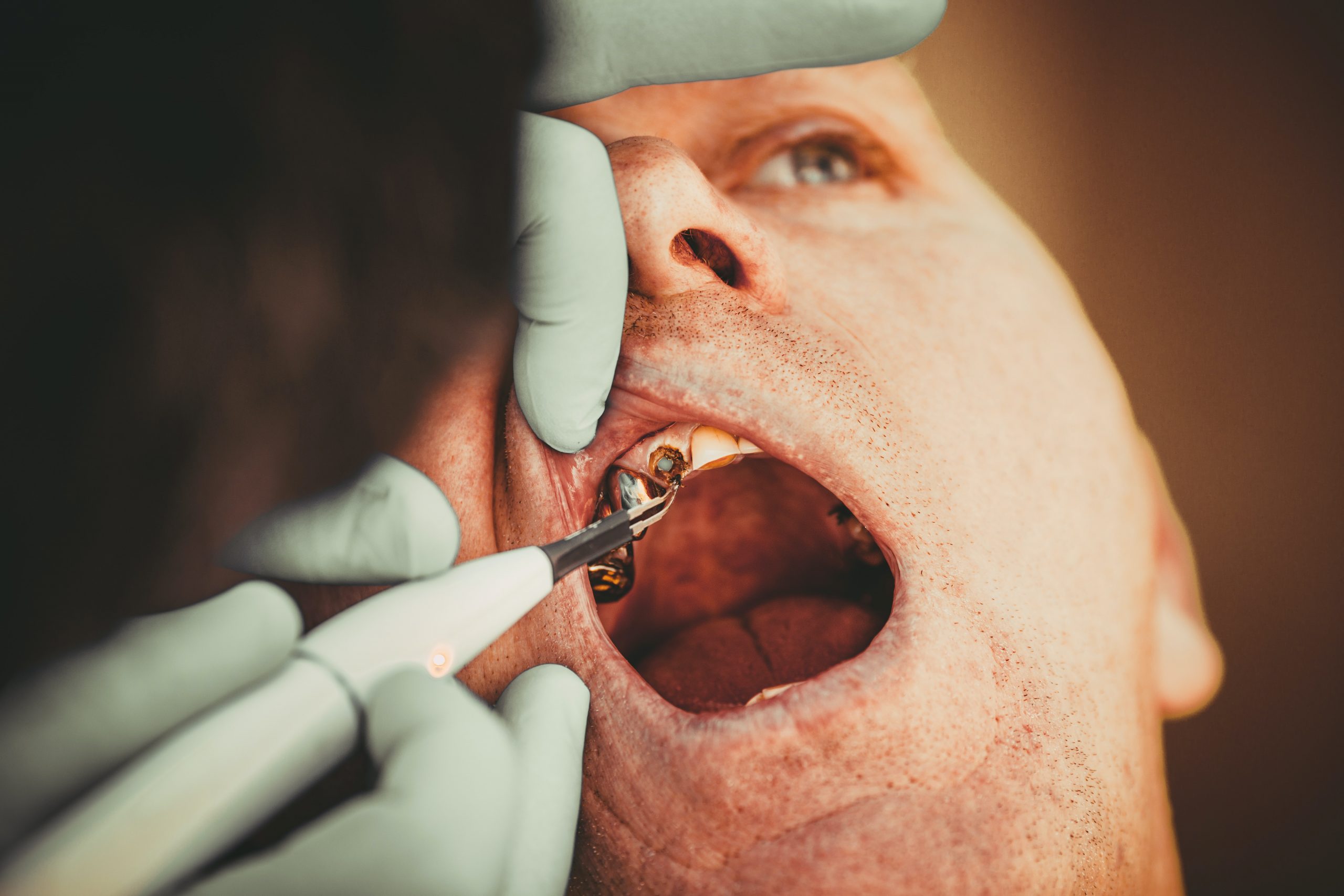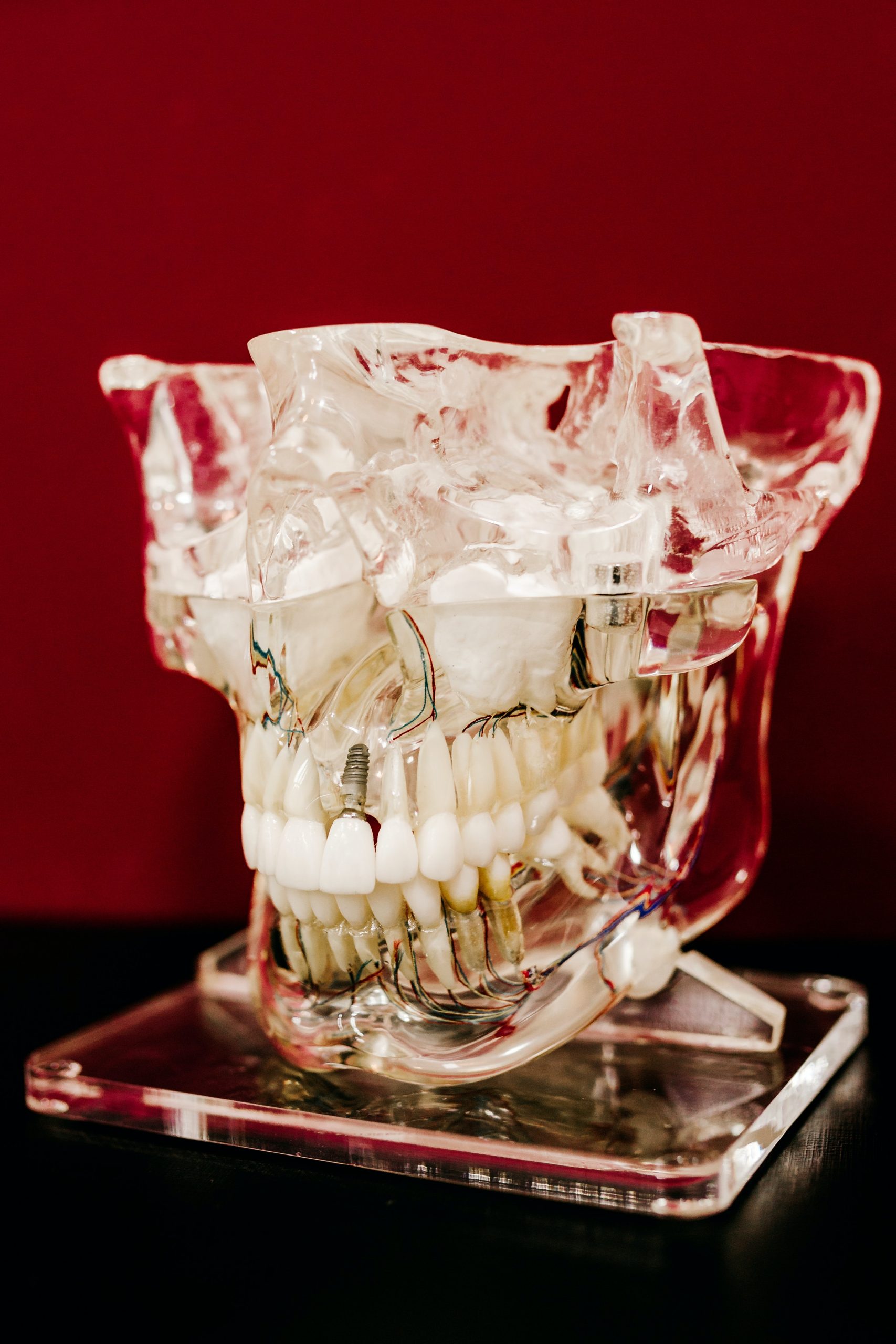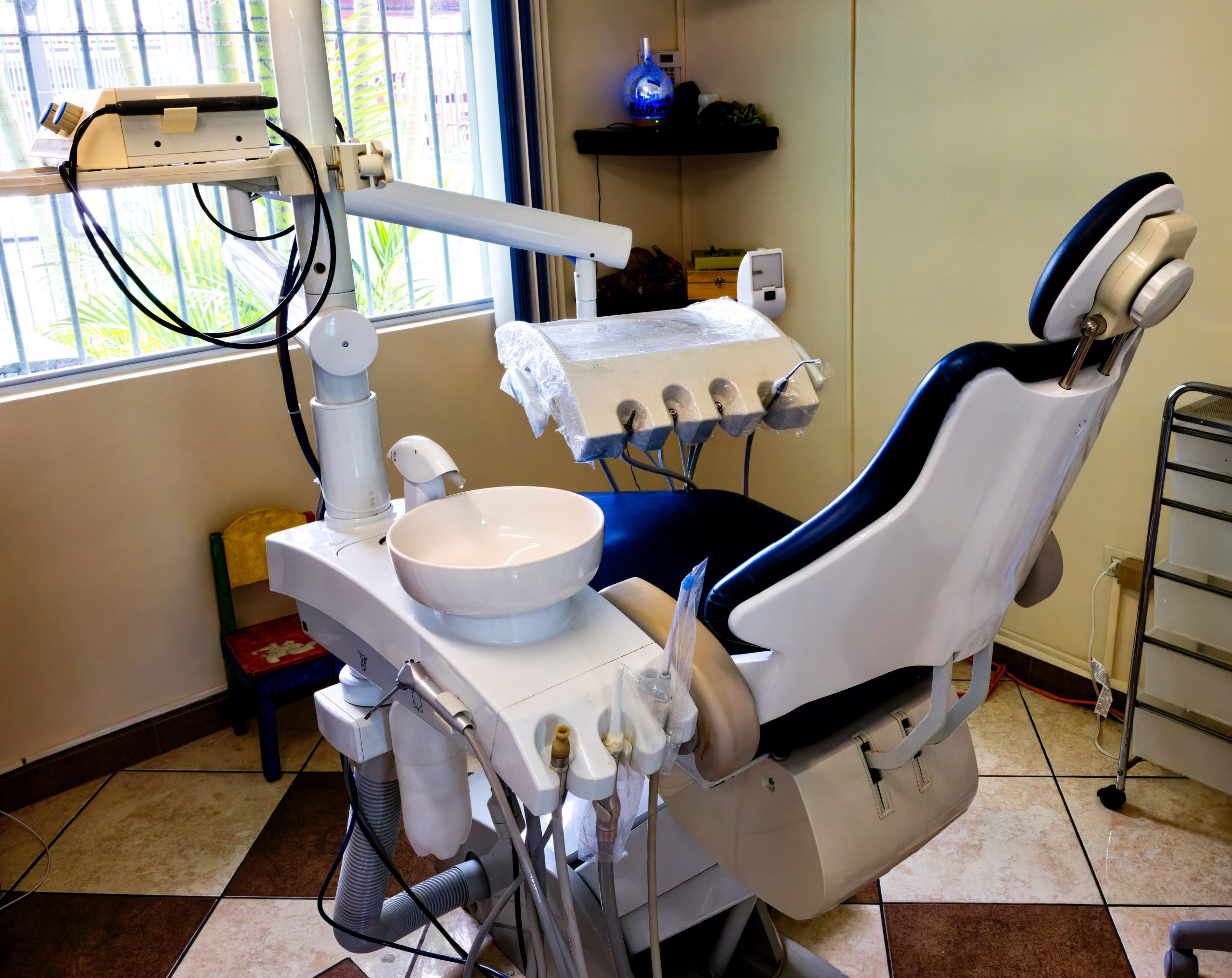
What is minimal intervention dentistry?
Minimal intervention dentistry (MID) is a philosophy and approach to oral healthcare that aims to preserve as much natural tooth structure as possible and to intervene in dental problems only when necessary. This approach emphasizes prevention, early detection, and non-invasive treatments, thereby reducing the need for extensive dental procedures and minimizing patient discomfort, cost, and time.
Prevention and Early Detection
The foundation of MID is prevention, which involves educating patients about oral hygiene, diet, and lifestyle habits that can promote oral health and prevent dental problems. MID also emphasizes early detection, which involves regular dental check-ups, risk assessment, and diagnostic tools such as digital radiography, intraoral cameras, and caries detection devices.
Non-Invasive Treatments
When dental problems do occur, MID focuses on using the least invasive and most conservative treatment options. For example, if a cavity is detected early, it can often be treated with remineralization techniques, fluoride application, or sealants, which help to strengthen and protect the tooth without removing any significant amount of tooth structure. Similarly, if a tooth has a small crack or chip, it may be repaired with a minimally invasive bonding procedure rather than a more extensive restoration such as a crown.
Invasive Treatments
While the aim of MID is to minimize the need for invasive treatments, there are situations where more extensive interventions are necessary. In such cases, MID practitioners aim to use the least invasive and most tooth-conserving techniques possible. For example, instead of removing an entire tooth, a MID practitioner may perform a root canal therapy to save the natural tooth structure.
Technology and Materials
Advances in technology and materials have made MID easier and more effective. For example, the use of lasers, air abrasion, and microscopes allows for more precise and targeted treatment, while tooth-colored restorative materials such as composite resin and glass ionomer cement provide durable and aesthetic alternatives to traditional amalgam fillings.
Benefits of Minimal Intervention Dentistry
The benefits of MID are numerous. By emphasizing prevention and early detection, MID can help to reduce the incidence of dental problems and the need for invasive treatments. By using non-invasive and minimally invasive techniques, MID can also help to reduce patient discomfort, cost, and time. Furthermore, by preserving natural tooth structure, MID can help to maintain oral health and function, which is crucial for overall health and well-being.
Conclusion
Minimal intervention dentistry is a philosophy and approach to oral healthcare that emphasizes prevention, early detection, and conservative treatments. By promoting oral health and preserving natural tooth structure, MID offers numerous benefits to patients and practitioners alike.










